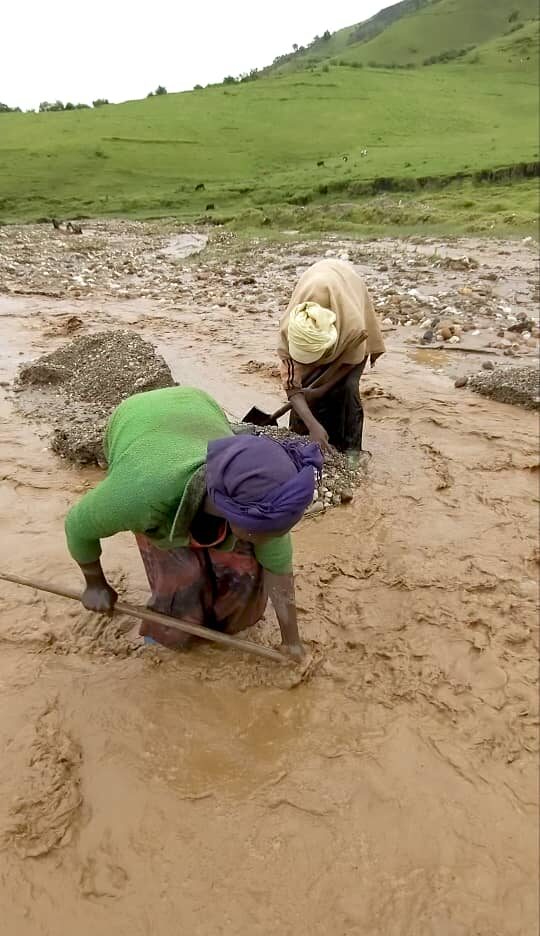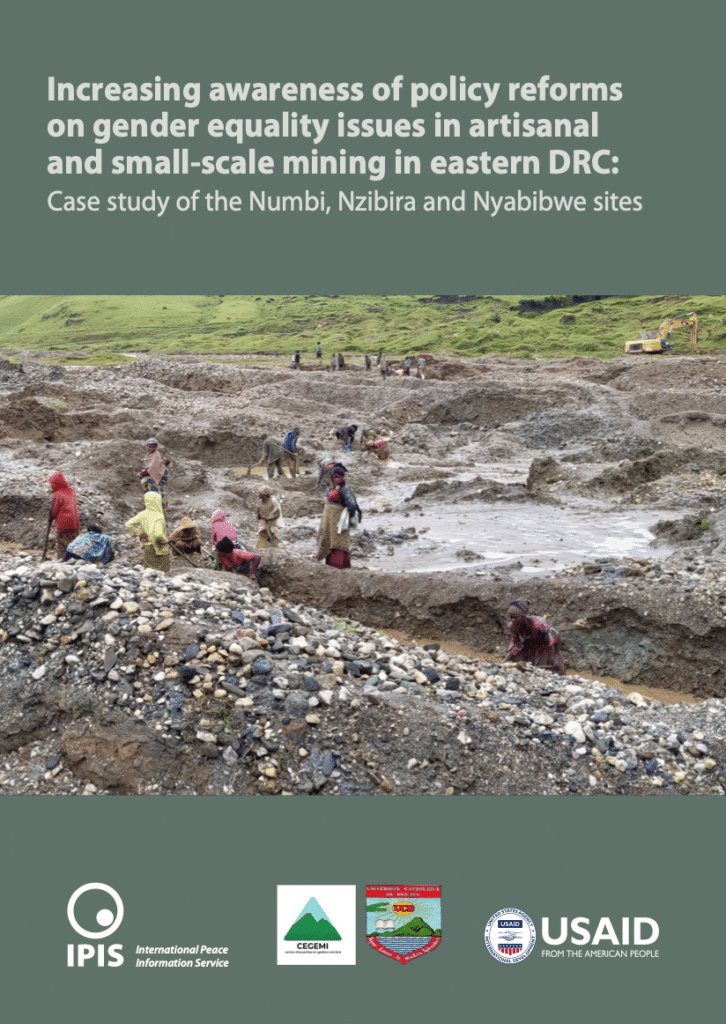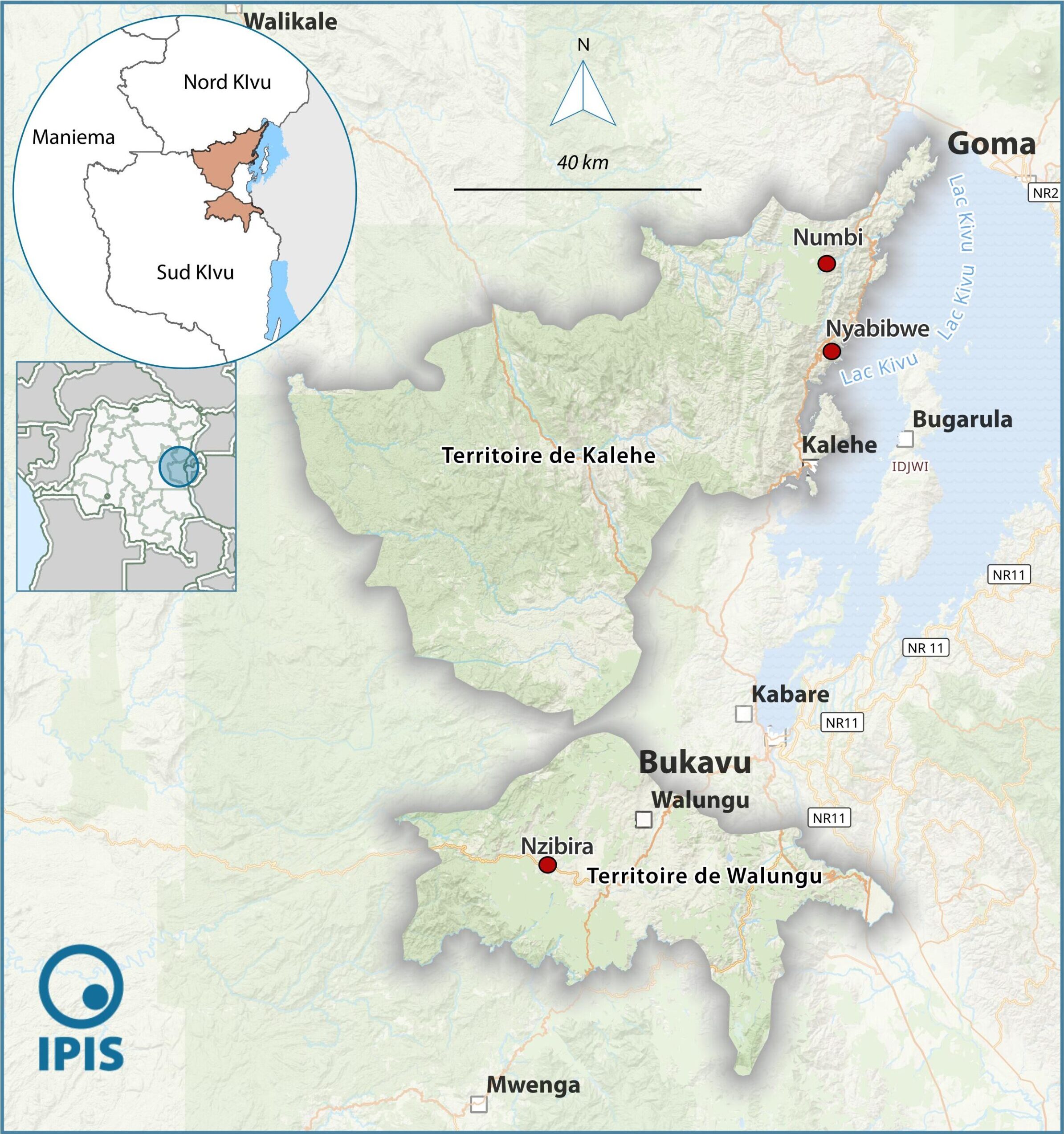The mineral resources of the eastern Democratic Republic of the Congo’s (DRC) provide an important source of employment for both men and women involved in artisanal and small-scaling mining (ASM). Yet opportunities are not equal for men and women.
Based on a series of interviews with various ASM stakeholders at the mines of Numbi, Nzibira and Nybibwe in the province of South Kivu, this report analyses how gender dynamics impact social inclusion and participation in the ASM sector, particularly for women and vulnerable groups.
The study explains that while women are heavily involved in ASM, they are seriously affected by barriers that reinforce gender inequalities in the sector. These include gender biases against women, a lack of sufficient resources for women, a lack of institutional support and protection, and discrimination against women in ASM governance institutions. These factors keep women from accessing more strategic, managerial positions in mineral supply chains (for example, in mining cooperatives or state institutions) and result in women only working in low-paying jobs, such as transporting, washing, crushing, grinding, and sorting minerals.
Following from this the report evaluates the impacts, both positive and negative, of policy reforms. These include formalization, traceability, and responsible sourcing initiatives promoting due diligence. So far, formalization measures have failed to consider the difficult financial situation of many women working in ASM. As many are often unable to pay for the required administrative documents, or fees to mining cooperatives, many women at mining sites miss out on the potential benefits provided by formalization efforts.
Responsible sourcing initiatives have, however, decreased the extortion of ASM stakeholders, including women, as well as gender-based violence in the mining sites covered by these initiatives. Nonetheless, they have also negatively impacted women’s socio-economic situations in general, amplifying the negative consequences of exclusion from formalization, thus pushing many further into informality and precarity.





